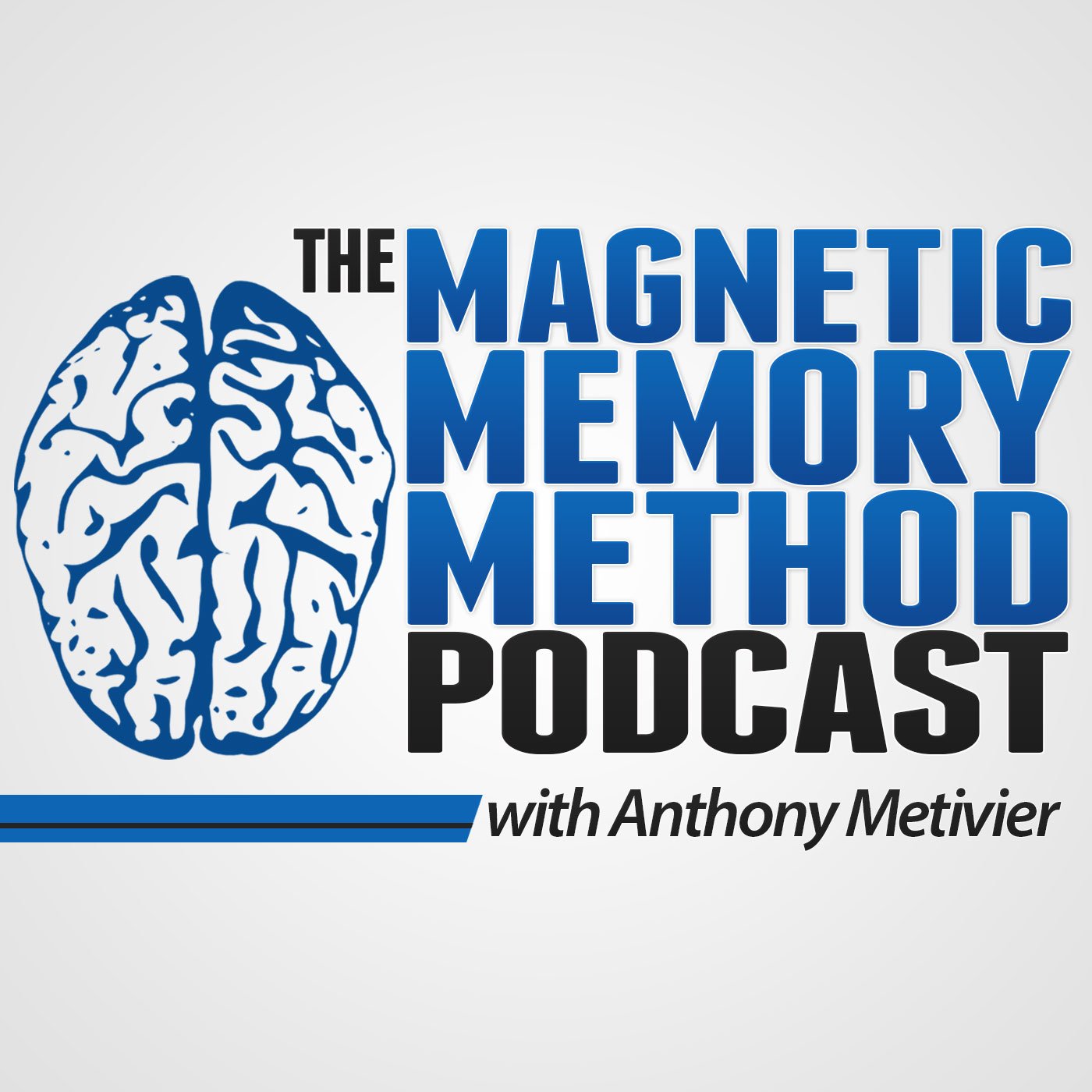How to Deal with Information Overload by Boosting Your Memory
Description
 As a polymathic professional who has walked multiple career paths, I’ve learned exactly how to deal with information overload.
As a polymathic professional who has walked multiple career paths, I’ve learned exactly how to deal with information overload.
The real fix for when you feel overwhelmed?
In my experience as everything from a touring musician to university lecturer and the owner of multiple businesses, here’s the ultimate answer:
Improve your memory.
Not in a vague way.
And definitely not “someday.”
But by following a clear, proven path designed to held you reduce mental clutter.
On this page, you’ll discover a system that will sharpen your focus and help you relieve cognitive overwhelm.
Pretty much on demand.
No, I’m not offering any magic bullets or hype.
Just proven strategies for preventing cognitive overwhelm in the first place, along with the self-education strategies that have made my successes possible.
If that sounds good to you, let’s get started.
<iframe title="How to deal with information overload" width="800" height="450" src="https://www.youtube.com/embed/37oyQ4_kN2Y?feature=oembed&enablejsapi=1&origin=https://www.magneticmemorymethod.com" frameborder="0" allow="accelerometer; autoplay; clipboard-write; encrypted-media; gyroscope; picture-in-picture; web-share" referrerpolicy="strict-origin-when-cross-origin" allowfullscreen></iframe>
Understanding the Modern Brain Under Siege:
A Definition of “Information Overwhelm”
It’s supposed to be a dream come true, right?
I’d finished my first major guest professor grant and my first memory improvement books were taking off.
So I went on tour with a band I’d played with in Berlin near the end of my PhD studies.
Never had I experienced so much freedom. Yet, I had also never felt so overwhelmed as my phone buzzed with non-stop updates, alerts and notices of things to do.
As the authors of this scientific overview of information overload have found, it’s not actually the amount of information that drives us crazy.
It’s how that the speed and volume impacts our ability to make decisions.
Stress and memory loss are well-studied, as is memory and anxiety.
But once you know that the biggest problem of all involves a reduction in your ability to think critically, workable solutions emerge.
What follows are the best I’ve found.
They’ve increased my “cognitive budget,” so to speak. Meaning that I have more mental power to spend on the activities that have allowed me to continue playing music while writing novels, learning languages and running multiple businesses.
Of course, there are other aspects of overwhelm to consider. So before we get into the tips, let’s examine what else might be going on in your life.
The Four Levels of Information Overwhelm
Each of the levels we’re about to discuss make critical thinking more difficult, especially analytical thinking.
They are:
- Sensory overload
- Cognitive overload
- Emotional overload
- Decision fatigue
Let’s look at examples of each.
Sensory Overload
When I was a musician, a huge part of the overload came from the noise of traveling all day in a vehicle with my band.
We listened to loud music on top of the traffic sounds. Driving is visually stimulating even if you’re not at the wheel.
And then we would get on stage and have the sensory input of lights, audience cheers and our own extra-loud instruments pounding at us.
One simple hack that helped me was to wear my earplugs while traveling, not just while performing on stage.
As a result, I was able to read on the road and better manage my growing publishing business, which included writing this blog (and still does). To this day, I wear noise-cancelling headphones just to keep myself focused while writing.
As these scientists have found, one of the biggest barriers people face is that they need to experiment with their own ways of reducing sensory stimulation.
Fortunately, Queensland Health has some suggestions that mirror the processes that have helped me, including:
- Identifying places you can go to enjoy reduced stimulation
- Developing routines that involve more time spent in quiet
- Creating a sensory tool kit (sunglasses, noise cancelling headphones, anything that helps you feel calm)
Cognitive Overload
I recently finished the eighth draft of my second “Memory Detective” novel.
The story is so complicated and my notes were all over the place…
There were too many inputs and not nearly enough integration.
The answer was to take a break and then order a print copy of the seventh draft.
I didn’t feel it was ready yet, but by reading the draft in book form, I was able to make marks on the page and consolidate my many notes.
When studying at university, and for my non-fiction books, I rarely have this problem. That’s because I used the Zettelkasten technique to easily organize and integrate my notes.
More on this strategy in a moment, but the point here is that part of my cognitive overwhelm came from working outside my circle of competence as a scholar.
As a result, I shifted how I dealt with the many inputs involved in writing a different kind of book. Chaos ensued until I took a break and approached the task more strategically.
Why did it take so long to arrive at a better solution?
As we now know, overwhelm reduces decision-making skills and other cognitive abilities. Breaking the patterned loop I was in was ultimately the fix, and doing that should help you too with cognitive overload.
Emotional Overload
I have an ongoing debate with a friend who disagrees that emotions have any logic to them whatsoever.
For better or worse, I can’t agree because I’ve read books like The Upheaval of Thought: The Intelligence of Em





